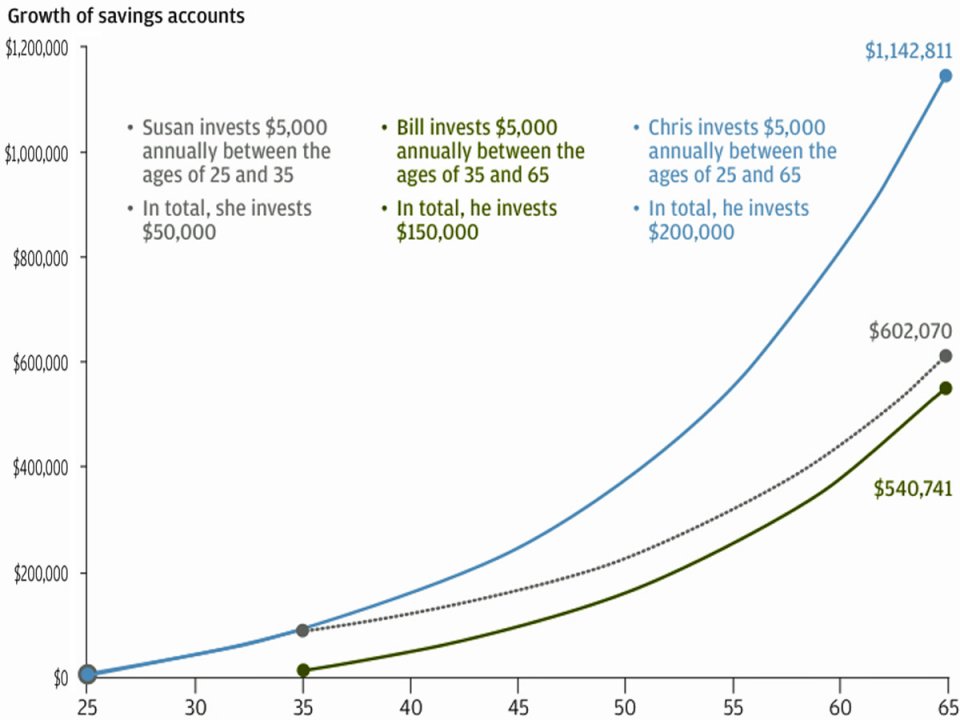Helpful tips to save money.
Developing a budget is a great way to organize and help students see where to cut back on expenses, like it did for John Murphy, a student majoring in finance at SFCC.
“A lot of major banks like Credit Union have their own app that you can see your own transaction history in and things like that,” said Murphy. “You can kinda gauge how much money you spend in a month, and then see where you cut back.”
According to Murphy one of the things that he cut back on was going to Starbucks. There was one near where he worked, and he realized he was spending $20 on something that wasn’t necessary.
“It’s a good idea to put some money aside every month, no matter how little, into your savings account,” according to financial experts working for mint.com.

They typically recommend setting about 10 percent of your after-tax income aside for your savings. Murphy suggests saving whatever money you can. Whenever he spent money on something unnecessary, like Starbucks, he always deposits the same amount in his savings, as a way of keeping up with his purchases.
Spreadsheet templates with pre-made formulas made by Google, MS Excel, mint.com, or many other online templates, could make a pie charts of all expenses, or other helpful features. All students need to do is type in your expenses and income, using a tool such as Washington Trust Bank’s MoneyDesktop.
“Money Desktop is a budgeting tool that allows you to bring in all your different types of accounts,” said Adrian Finch, financial concierge at Washington Trust Bank. “Whether it be credit cards, auto loans, or home loans, it doesn’t matter whether it’s here at Washington Trust, or somewhere out at another [bank], you can see all your financials in one snapshot,”
Students should view transactions from the last few months made on their accounts, as a way of getting a feel for what their expenses are. According to Finch, categorize all finances to avoid the mindset of “spend, spend, spend.”
Being a prudent spender is putting on the right mindset. Planning a budget is crucial. Is it affordable to buy a new car, or should students just take the bus? It depends on whether students can work that into their budget, in order to meet their financial goals.
“I regret buying a car in college,” said Finch. “I would have rather just deposited the money into my savings.”
Finch said he had to pay off the debt.
“Making a budget is also about budgeting time,” said Murphy. If students have a job, they need to set aside studying time.
Only students know what their budget allows them to spend.
“You don’t want to deny yourself, you know, the fun of going out to eat with friends,” said Murphy.
“But also you should be realistic about how much you can actually afford.”
Murphy buys brown rice and chicken instead buying costly food at the cafeteria every day. He
occasionally treats himself.
“You can spend like a rich man but it doesn’t mean you can be a rich man,” said Murphy. “It’s how you
spend your money, not how much you make.”
And don’t forget to whip out that student I.D. for discounts galore. Places that offer discounts include: Movie tickets, Apple, Microsoft, Dell, Best Buy, HP and Lenovo electronics, textbooks, Amtrak and Greyhound transportation, clothing retail stores, Budget, Avis, and Hertz car rentals, and lodging. It never hurts to ask if a business will offer a student discount.